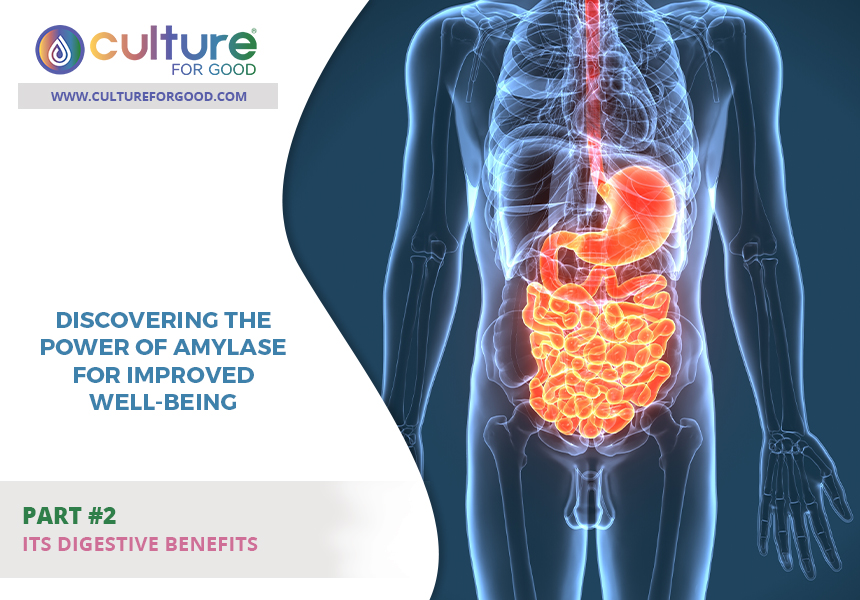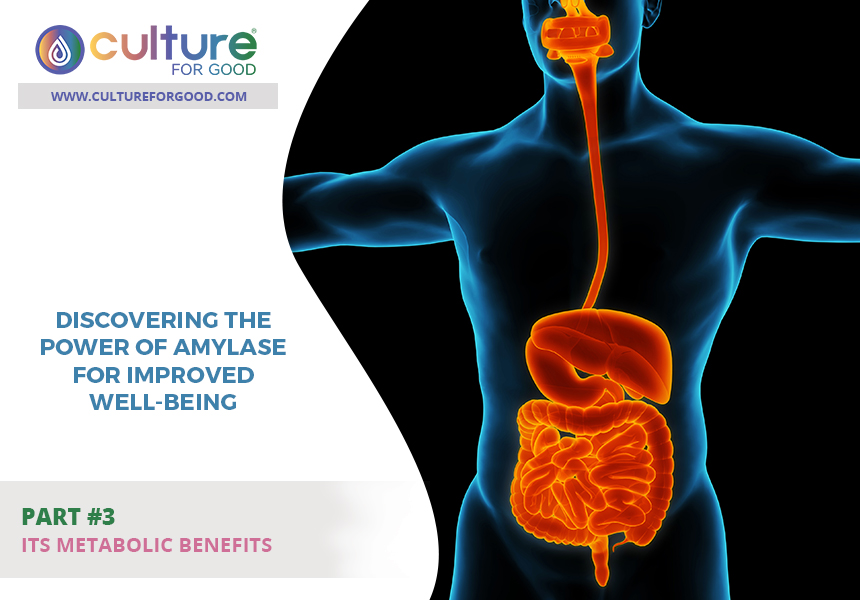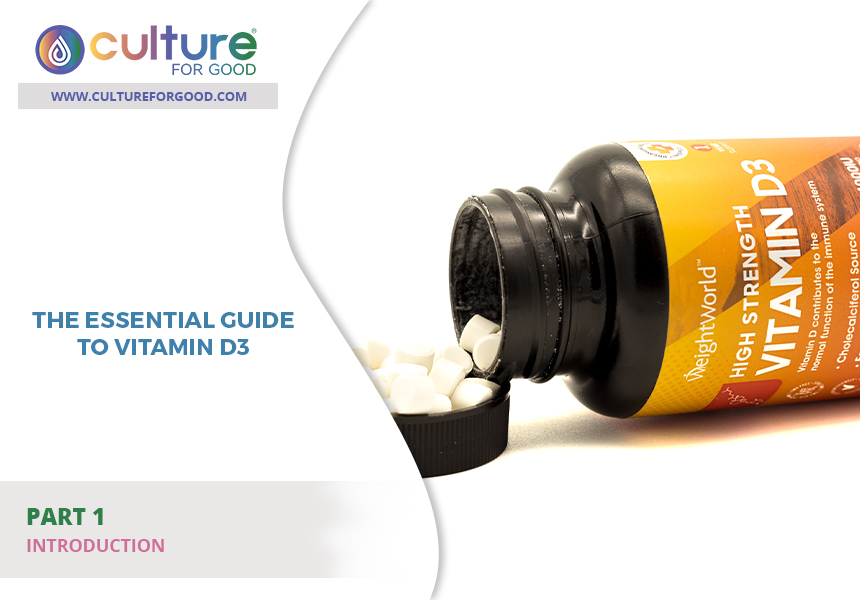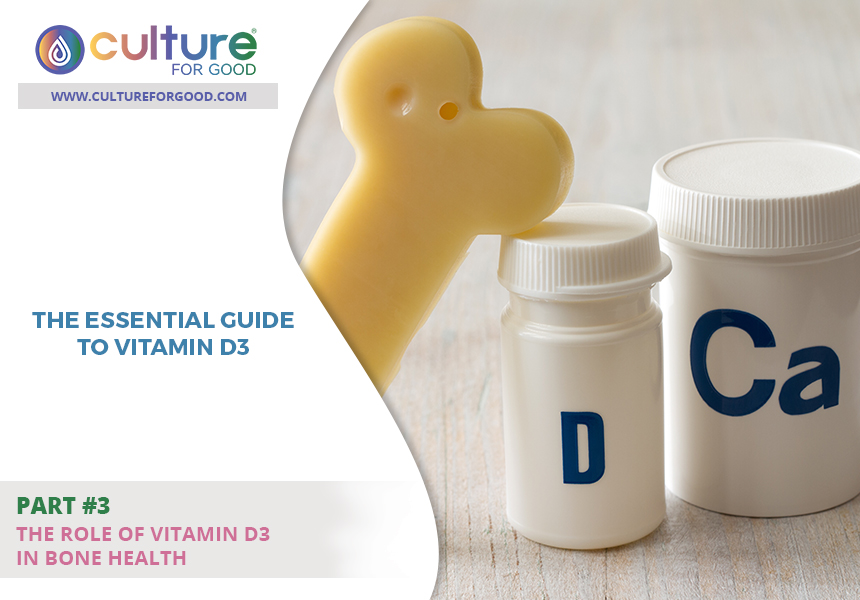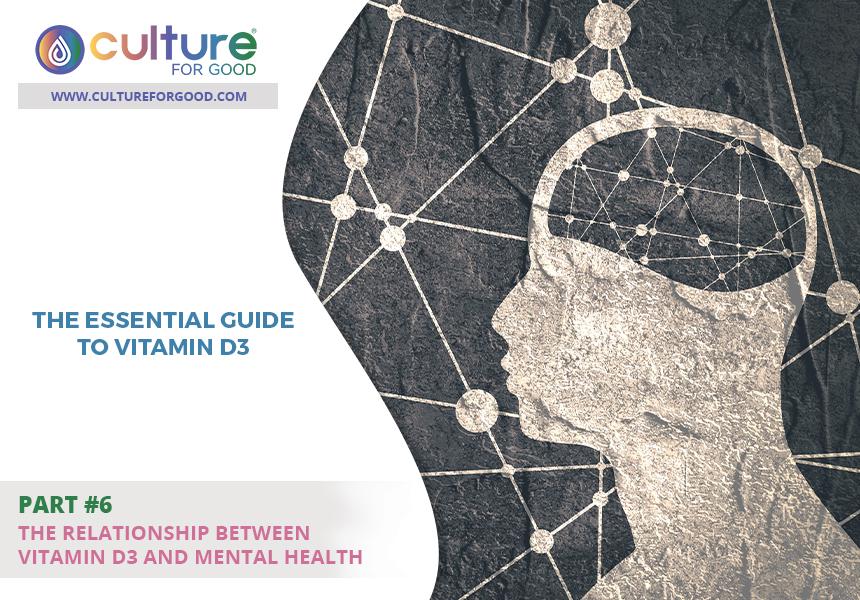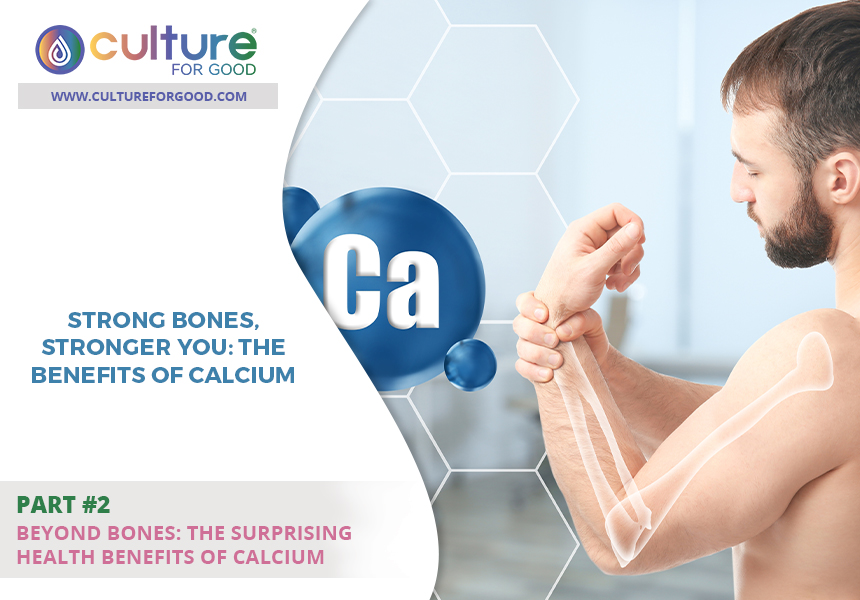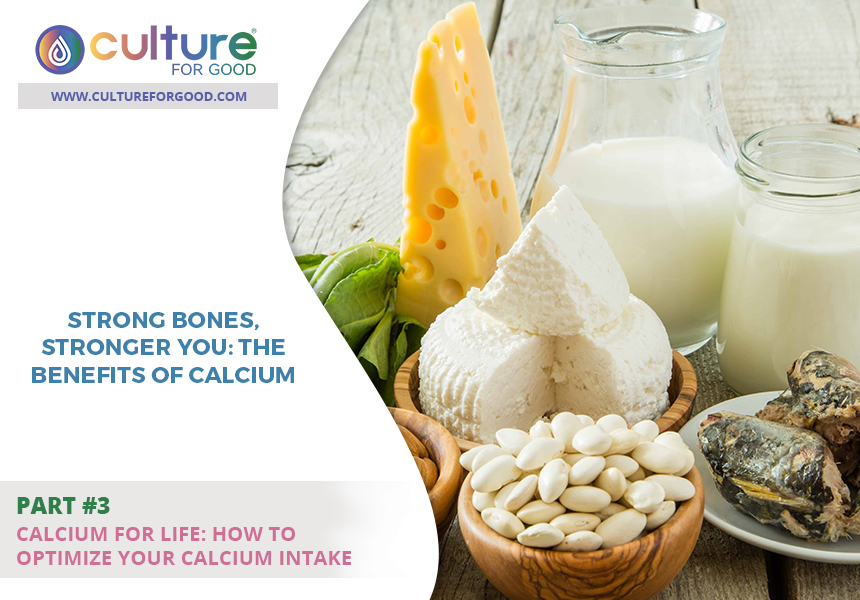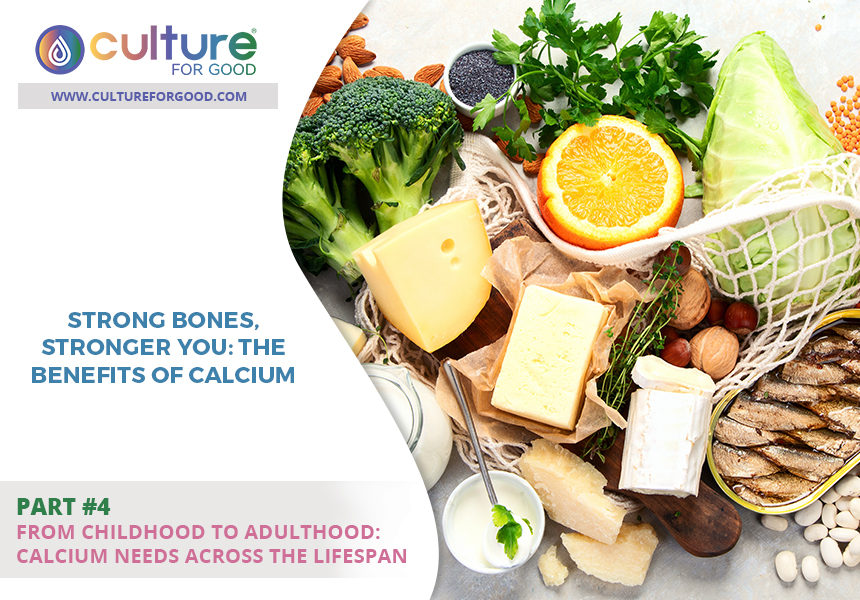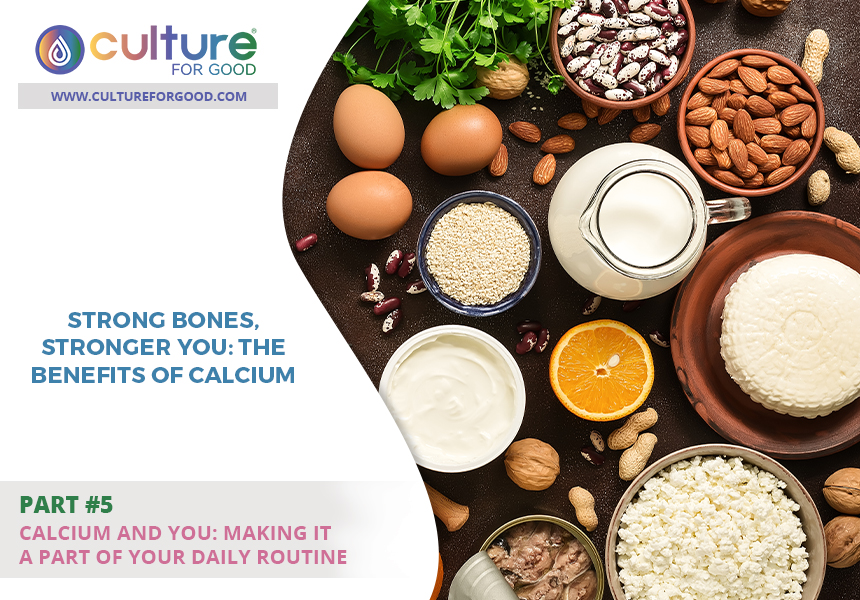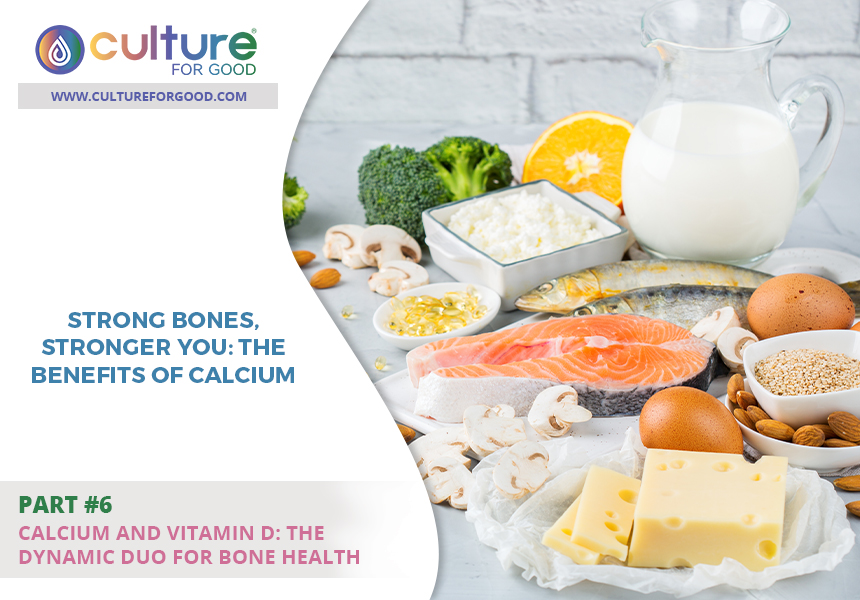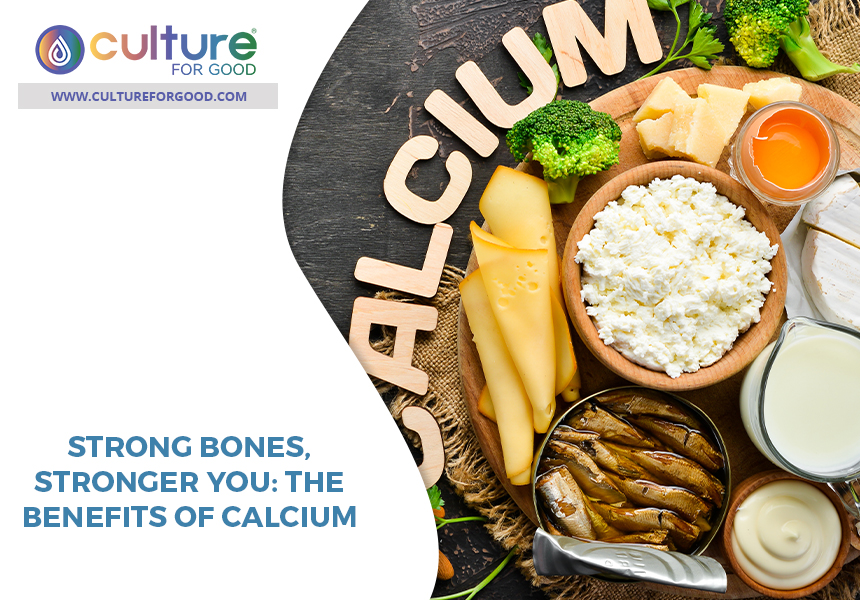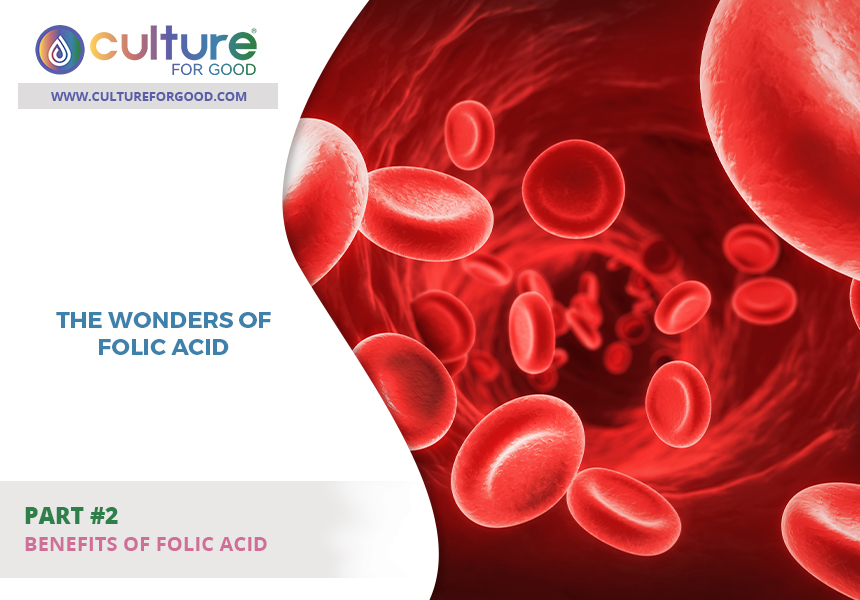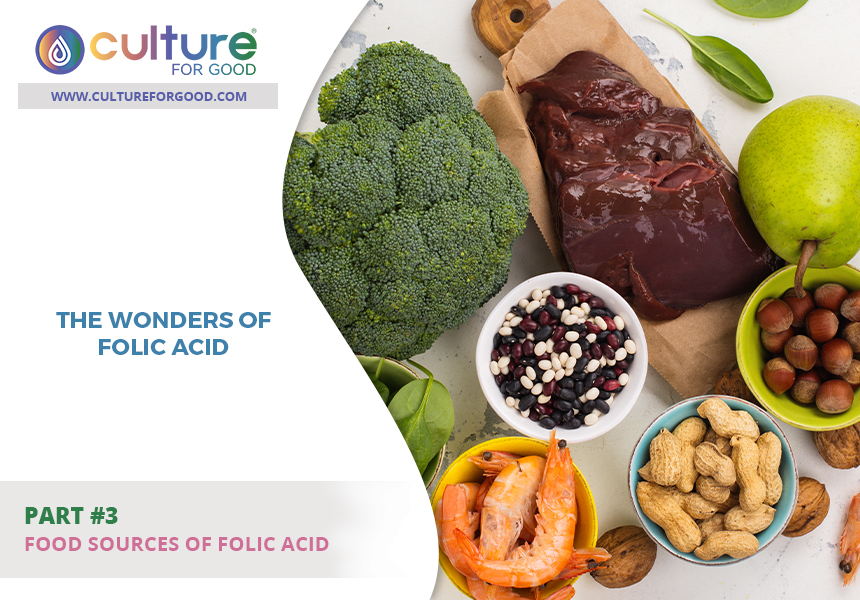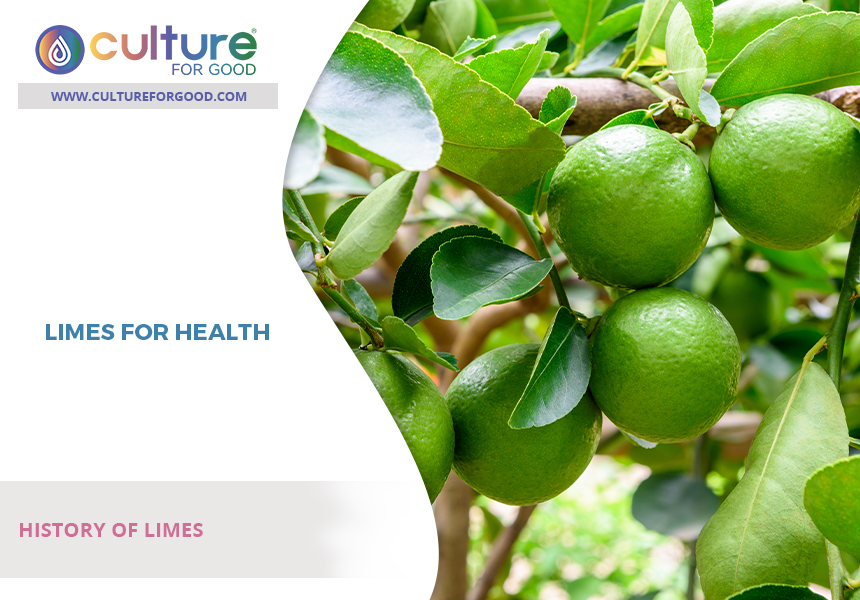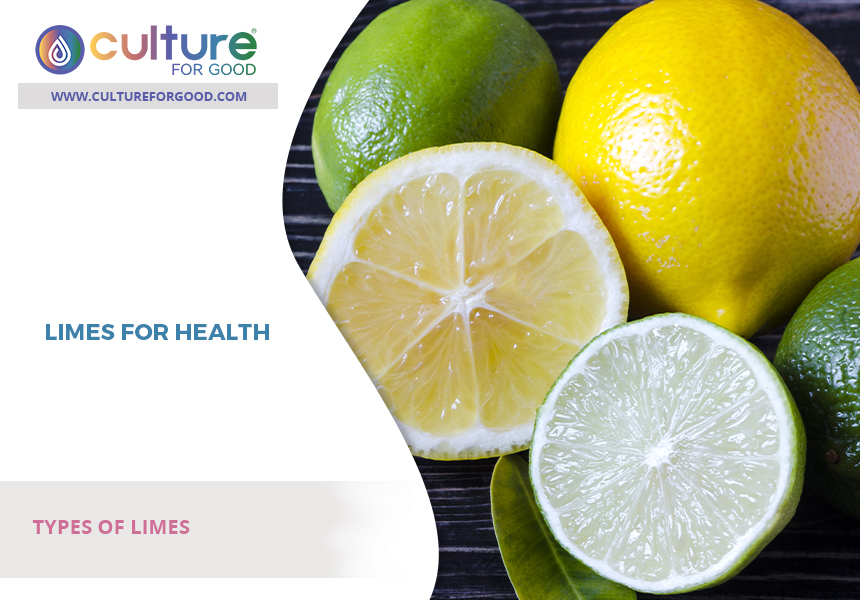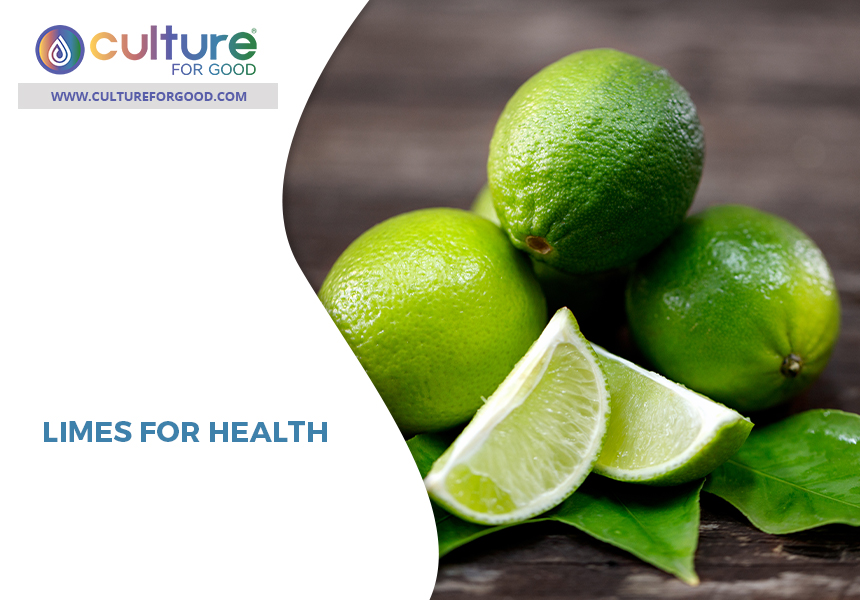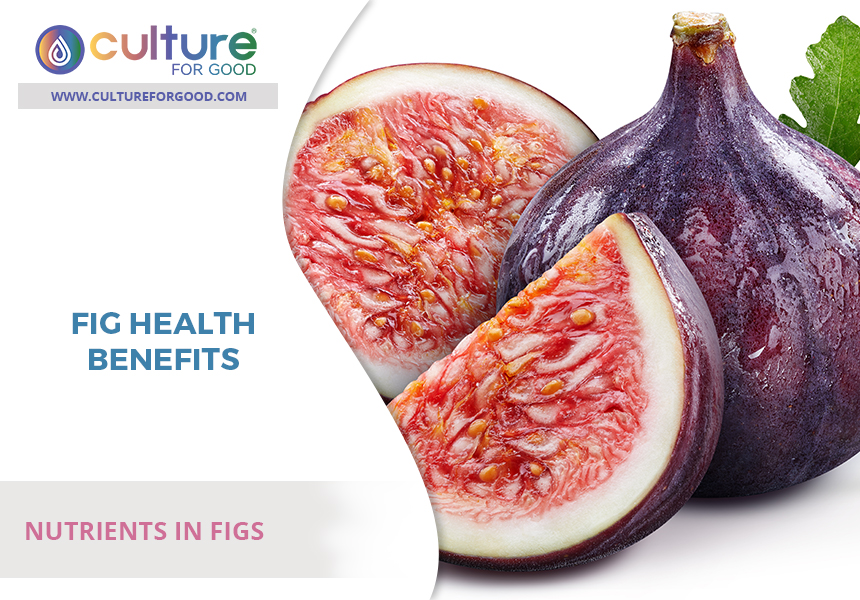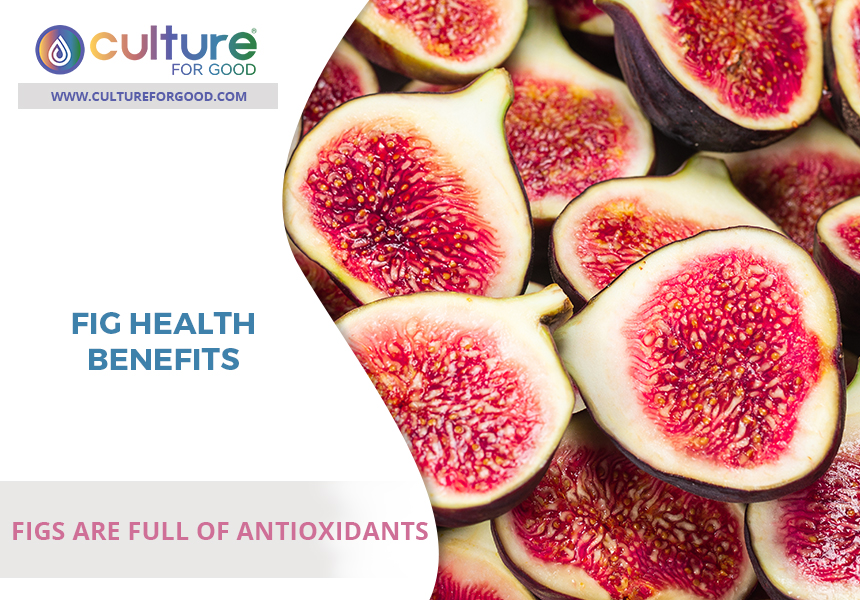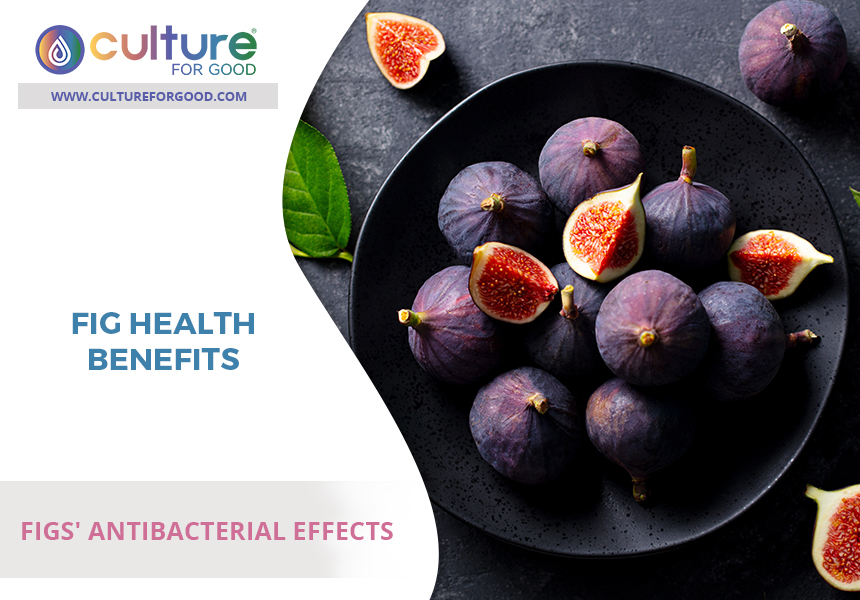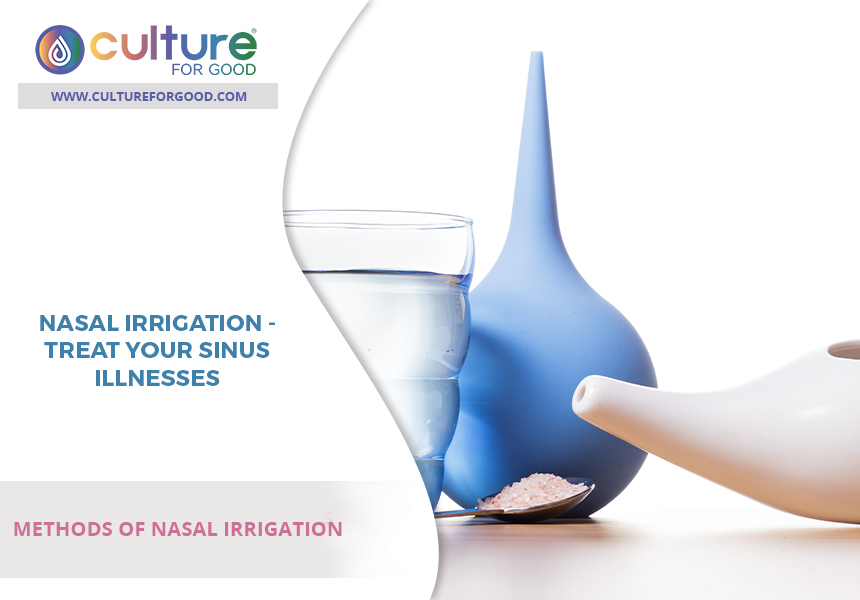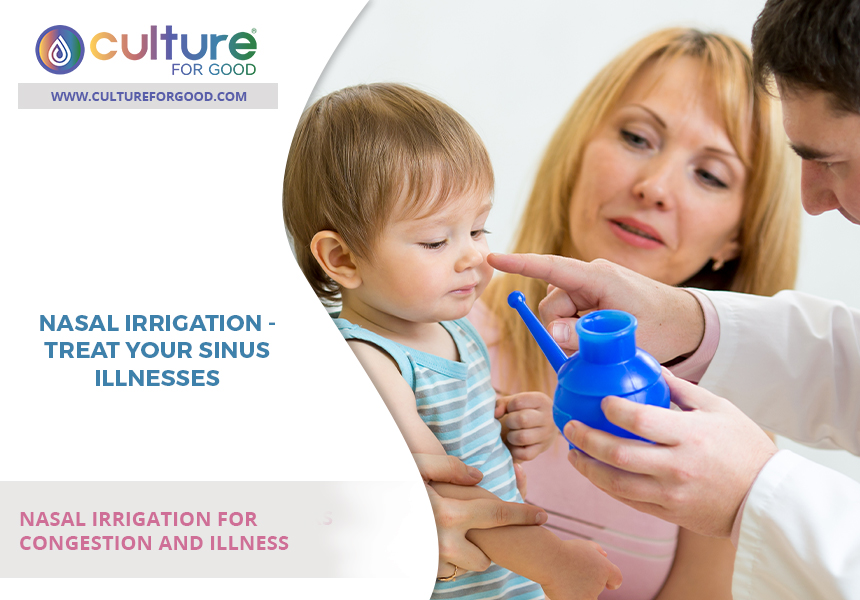What To Know About Vitamin A
Vitamin A is an essential nutrient that plays a pivotal role in maintaining healthy vision, skin, and immune function. Unfortunately, many of us don’t get enough vitamin A in our diets, which can lead to a deficiency and serious health consequences, such as dry eyes, weakened immune system, increased risk of infections, and skin problems, such as acne and psoriasis. It can even lead to blindness in children and vision problems in adults.
Eating a balanced diet that includes foods rich in vitamin A, like carrots, sweet potatoes, or leafy green vegetables, will help prevent vitamin deficiency. Additionally, taking good care of your overall health, like getting enough sleep and exercise, also helps prevent a deficiency. If you’re concerned about not getting enough vitamin A from food sources alone, consider taking supplements. In this article, we’ll discuss the importance of getting enough vitamin A through diet or supplementation and how to recognize signs of vitamin toxicity if too much is taken.

Facts About Vitamin A
Vitamin A is a very important nutrient that your body needs to stay healthy. It is a type of fat-soluble vitamin that plays a crucial role in keeping your eyes, skin, and immune system healthy. Vitamin A is also vital for growth and development, especially in children. Without enough vitamin A, you can have trouble seeing in dim light, your skin can become dry and scaly, and you might have a harder time fighting off infections.
There are two main forms of vitamin A that you get from your diet: preformed vitamin A and provitamin A. Preformed vitamin A is found in animal-based foods, like liver, milk, and eggs, while provitamin A is found in plant-based foods, like carrots, sweet potatoes, and spinach. Once you eat these foods, your body converts the preformed and provitamin A into active vitamin A, which is then used to keep your body healthy.
The amount of vitamin A that you need each day depends on age and gender. For example, teenage boys need more vitamin A than adult women. In general, the recommended daily intake of vitamin A for adults is around 700-900 micrograms per day. Children need less, depending on their age. It’s critical to get enough vitamin A, but too much can be harmful, so make sure that you look into what amount suits your needs or talk to your naturopath.

Benefits Of Vitamin A
Vitamin A is very important for eye health. It helps keep your eyes healthy and is critical for good vision, especially at night. Without enough vitamin A, you might have difficulty seeing in dim light or even suffer from night blindness. Vitamin A also helps prevent age-related macular degeneration, which is a common eye disease that can cause blindness in older people.
This vitamin is also crucial for skin health. It helps keep your skin healthy and glowing. Vitamin A is especially vital for people with dry or flaky skin. It can help keep your skin moisturized and prevent acne. Vitamin A also helps reduce the appearance of fine lines and wrinkles, making your skin look younger and smoother.
It is also vital for immune system health. It helps keep your immune system strong, which means that you can fight off infections and diseases better. Vitamin A also helps reduce inflammation in your body, which can prevent chronic diseases like heart disease and cancer. A strong immune system is critical for overall health and well-being.
This vitamin also supports bone health. It helps maintain healthy bones and prevent bone loss, which can lead to conditions like osteoporosis. Vitamin A works together with other nutrients, like calcium and vitamin D, to keep your bones strong and healthy. A diet rich in vitamin A can help prevent bone-related diseases as you age.
Reproductive health is also benefited from sufficient vitamin A. It is essential for both male and female reproductive systems. In women, vitamin A helps maintain healthy reproductive organs and can reduce the risk of complications during pregnancy. In men, vitamin A helps keep the testes and sperm healthy, which is vital for fertility. Vitamin A also plays a role in the production of hormones, which are important for overall reproductive health.

Vitamin A Sources
Vitamin A can be found in many foods, especially those that are bright in color. Some of the best sources of vitamin A are liver, sweet potatoes, carrots, spinach, kale, broccoli, and red bell peppers. Many fruits and vegetables also contain beta-carotene, which the body can convert into vitamin A. Eating a diet rich in vitamin A can help you maintain good health and prevent chronic diseases.
If you’re not getting enough vitamin A from your diet, taking a vitamin A supplement can help you meet your daily needs. Vitamin A supplements can improve your immune system, prevent night blindness and other eye disorders, promote healthy skin, and reduce inflammation. Taking a vitamin A supplement may also help reduce the risk of certain cancers and improve bone health. However, it’s imperative to talk to your doctor before starting any supplement regimen.
While vitamin A is essential for good health, taking too much of it can be harmful. High doses of vitamin A supplements can cause nausea, dizziness, headaches, and even liver damage. Pregnant women should be especially careful not to consume too much vitamin A, as it can harm the developing fetus. Always follow the recommended dosage on the supplement label and talk to your doctor before starting any supplement regimen.
Yes, there are many natural sources of vitamin A. Some of the best sources are liver, fish oil, sweet potatoes, carrots, spinach, kale, broccoli, and red bell peppers. Many fruits and vegetables also contain beta-carotene, which can be converted to vitamin A in the body. Eating a well-balanced diet that includes a variety of fruits and vegetables can provide you with all the vitamin A your body needs.
There are also several types of vitamin A supplements available, including retinol, beta-carotene, and retinyl palmitate. Retinol is the active form of vitamin A and is found in animal products. Beta-carotene is a plant-based source of vitamin A that the body can convert into an active form. Retinyl palmitate is a synthetic form of vitamin A that is commonly used in supplements and fortified foods. Talk to your doctor to determine which type of vitamin A supplement is right for you.

Vitamin A Deficiency
When you aren’t getting enough vitamin A, it can lead to symptoms of deficiency. Vitamin A deficiency can be harmful to your body. It can cause various problems, including vision issues and problems with your immune system. Some common signs of vitamin A deficiency include dry skin, night blindness, frequent infections, and slowed growth.
Vitamin A is crucial for maintaining a healthy body. When there’s a deficiency in vitamin A, it can cause several symptoms that can harm your overall health. The symptoms of vitamin A deficiency may include dry eyes, a weakened immune system, and an increased risk of infections. It can also lead to skin problems, such as acne and psoriasis. If you experience any of these symptoms, it’s necessary to speak to your doctor about potential treatment options.
This vitamin is a vital nutrient that helps maintain healthy vision, skin, and immune function. When you don’t get enough vitamin A, it can lead to a deficiency that can have serious consequences. In children, it can cause blindness, stunted growth, and a weakened immune system. In adults, it can cause problems with night vision, dry eyes, and skin problems. It’s critical to maintain a healthy diet that includes foods rich in vitamin A to prevent these consequences.
Preventing vitamin A deficiency is crucial for maintaining a healthy body. You can prevent vitamin A deficiency by eating a balanced diet that includes foods rich in vitamin A, such as carrots, sweet potatoes, and leafy green vegetables. If you’re concerned that you’re not getting enough vitamin A in your diet, consider taking a supplement. Additionally, taking good care of your overall health, such as getting enough sleep and exercise, can help prevent a deficiency.
Treating vitamin A deficiency depends on the severity of the condition. For mild deficiencies, increasing your intake of vitamin A through a healthy diet or supplements may be sufficient. For severe deficiencies, treatment may involve injections or high-dose supplements. In some cases, additional testing may be necessary to determine the underlying cause of the deficiency.

Vitamin A Toxicity
Vitamin A toxicity is a condition that can occur when there is an excess of vitamin A in the body. Some of the common signs of vitamin A toxicity include nausea, vomiting, dizziness, headache, blurred vision, and skin irritation. Overconsumption of vitamin A can also lead to more serious health problems, such as liver damage, bone pain, and even death in extreme cases.
When vitamin A is consumed in excessive amounts over a long period, it can result in vitamin A toxicity. This condition can have serious consequences on a person’s health, including vision problems, liver damage, and an increased risk of bone fractures. If left untreated, vitamin A toxicity can lead to coma or even death.
It’s important to consume vitamin A from a variety of food sources and not rely on supplements alone to prevent vitamin A toxicity. Adults should aim to get no more than 3,000 mcg of vitamin A per day. High doses of vitamin A should be avoided, and any supplements should be obtained from a source you trust and should be taken while following the instructions on the label.
If a person has vitamin A toxicity, the best course of action is to stop taking vitamin A supplements and reduce intake from food sources. In severe cases, hospitalization may be necessary to manage symptoms. A doctor may recommend certain medications to help reduce the symptoms of vitamin A toxicity, but treatment will depend on the severity of the condition.

In conclusion, getting enough vitamin A is essential for maintaining healthy vision, skin, and immune function. Eating a balanced diet that includes foods rich in vitamin A, like carrots, sweet potatoes, or leafy green vegetables, will help prevent deficiency. Taking good care of your overall health through sleep and exercise also helps ensure optimal health benefits from the nutrient.
It’s important not to overconsume this vitamin. Excessive intake can lead to dangerous side effects, such as liver damage, bone pain, and even death in extreme cases. Understanding how much you need based on age and lifestyle is key when deciding whether or not supplementation is necessary!



